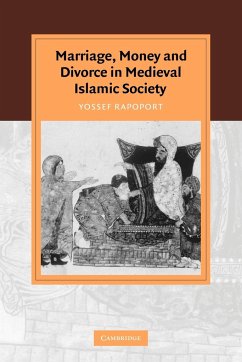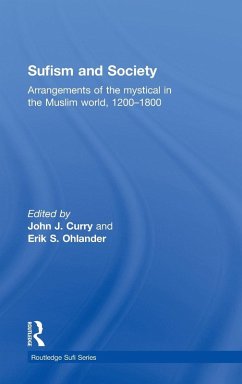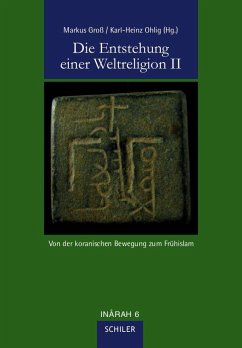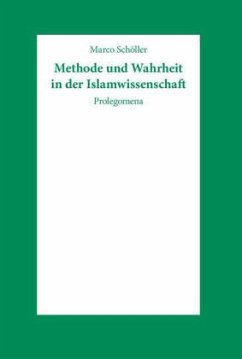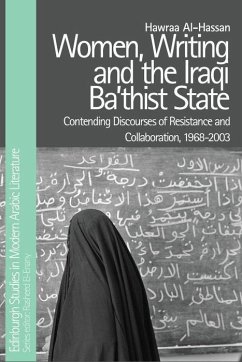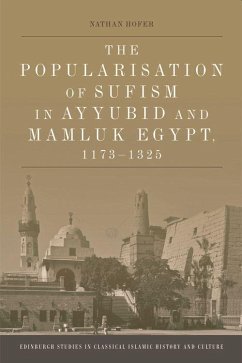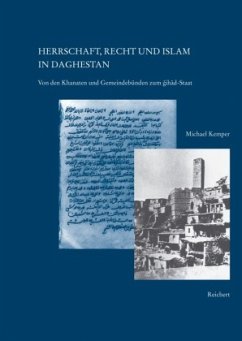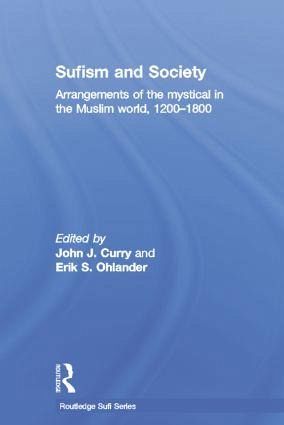
Sufism and Society
Arrangements of the Mystical in the Muslim World, 1200-1800
Herausgeber: Curry, John; Ohlander, Erik

PAYBACK Punkte
31 °P sammeln!
In recent years, many historians of Islamic mysticism have been grappling in sophisticated ways with the difficulties of essentialism. Reconceptualising the study of Islamic mysticism during an under-researched period of its history, this book examines the relationship between Sufism and society in the Muslim world, from the fall of the Abbasid caliphate to the heyday of the great Ottoman, Mughal and Safavid empires. Treating a heretofore under-researched period in the history of Sufism, this work establishes previously unimagined trajectories for the study of mystical movements as social acto...
In recent years, many historians of Islamic mysticism have been grappling in sophisticated ways with the difficulties of essentialism. Reconceptualising the study of Islamic mysticism during an under-researched period of its history, this book examines the relationship between Sufism and society in the Muslim world, from the fall of the Abbasid caliphate to the heyday of the great Ottoman, Mughal and Safavid empires. Treating a heretofore under-researched period in the history of Sufism, this work establishes previously unimagined trajectories for the study of mystical movements as social actors of real historical consequence. Thematically organized, the book includes case studies drawn from the Middle Eastern, Turkic, Persian and South Asian regions by a group of scholars whose collective expertise ranges widely across different historical, geographical, and linguistic landscapes. Chapters theorise why, how, and to what ends we might reconceptualise some of the basic methodologies, assumptions, categories of thought, and interpretative paradigms which have heretofore shaped treatments of Islamic mysticism and its role in the social, cultural and political history of pre-modern Muslim societies. Proposing novel and revisionist treatments of the subject based on the examination of many under-utilized sources, the book draws on a number of disciplinary perspectives and methodological approaches, from art history to religious studies. As such, it will appeal to students and scholars of Middle East studies, religious history, Islamic studies and Sufism.





